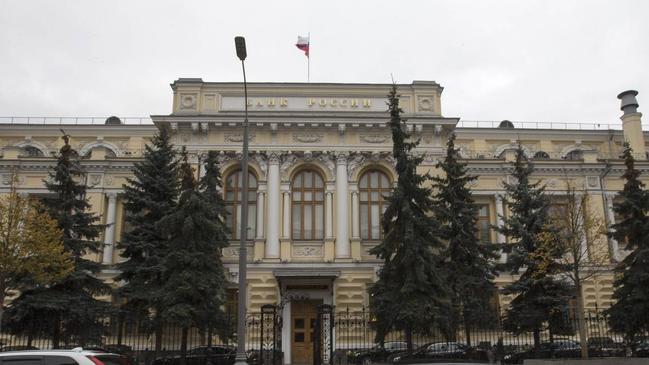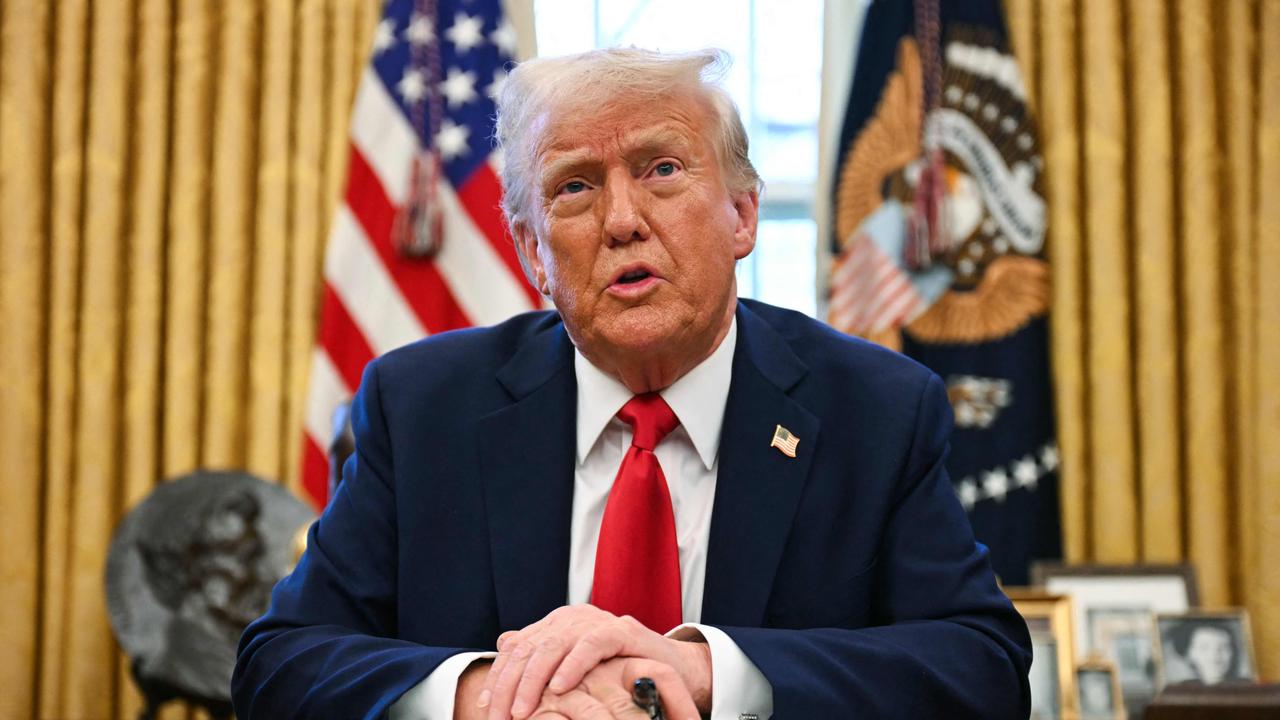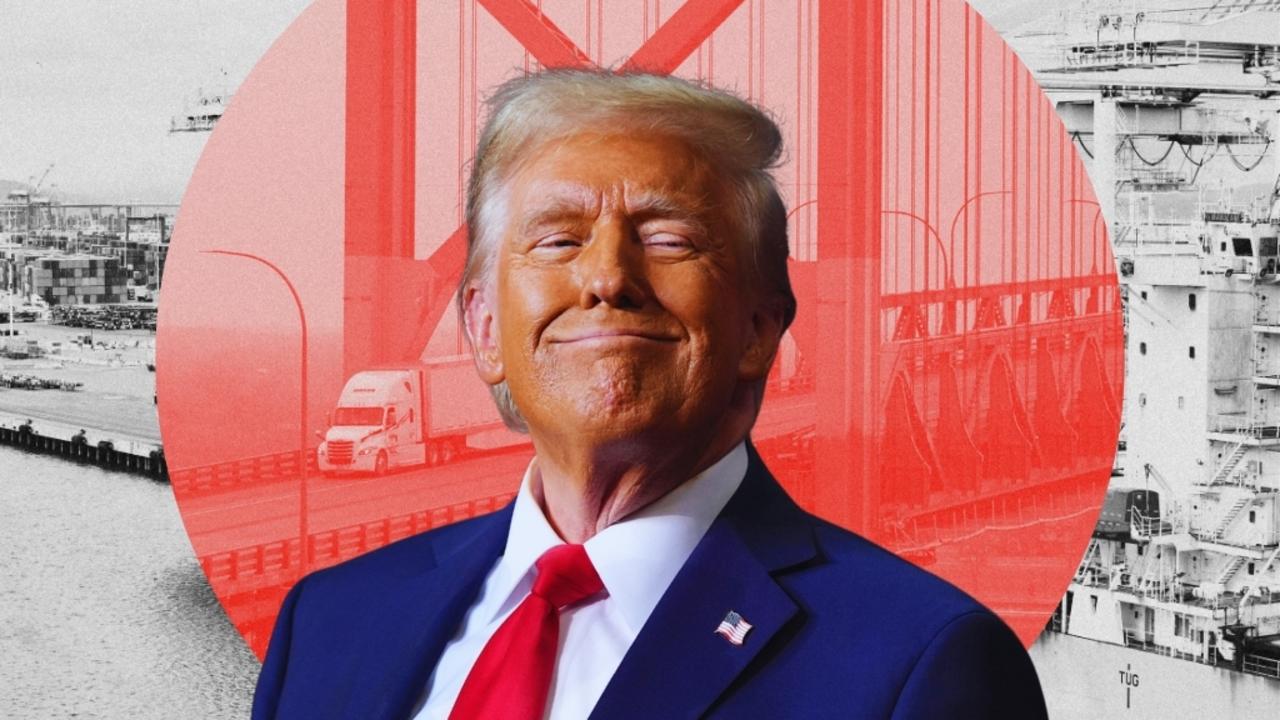Russian central bank chief tried to quit over Ukraine war
Elvira Nabiullina attempted to resign over Russia’s invasion of Ukraine. Instead Putin nominated her for a third term.

Russian Central Bank Govenor Elvira Nabiullina tried to resign after the invasion of Ukraine, people familiar with the matter said. Her effort was rejected by Russian President Vladimir Putin who instead nominated her for a third term.
Over nearly a decade Ms Nabiullina has been one of Mr Putin’s most stalwart allies in buttressing the Russian economy against volatile oil prices and US sanctions in a growing face-off with the West, while remaining one of the few liberals who hold senior positions in the Russian government.
News of Ms Nabiullina’s desire to resign was reported earlier by Bloomberg. A spokeswoman for the central bank said Thursday: “Bloomberg’s information does not correspond to reality.” Ms Nabiullina has led Russia’s central bank since 2013. Last Friday, just hours before she was due to give a speech on the struggles of the Russian economy, Mr Putin reappointed her to a third term. Her second term was due to expire in June.
One of the people familiar with Ms Nabiullina’s thinking said she had been blindsided by the invasion of Ukraine and felt deeply conflicted over the war. Mr Putin ordered Russian forces into the neighbouring country on February 24, unleashing a conflict that has displaced more than 10 million people and reduced some Ukrainian cities to rubble.
Russian government officials and lawmakers have generally marched in lock-step behind Mr Putin’s decision to invade Ukraine, even as it has caused deep unease among the country’s educated urban elite.
A Kremlin spokesman confirmed Wednesday that Anatoly Chubais had resigned as Mr Putin’s climate envoy. One of the architects of Russia’s free-market reforms in the 1990s, Mr Chubais had held senior roles at state-owned companies or within the government under Mr Putin’s rule, even as other liberals broke with the president.
A person familiar with the matter described Mr Chubais as distraught over the war and said that he left the country for Istanbul. Mr Chubais didn’t respond to a request for comment.
But Mr Chubais was a marginal figure compared with Ms Nabiullina, who remained key to Russia’s macroeconomic stability and was said to be highly regarded by Mr Putin. A respected central banker, Ms Nabiullina helped clean up Russia’s banking sector and oversaw the rouble’s transition to a freely floating currency.
Until this year, she had been seen as one of the key figures bringing a measure of economic stability and relative prosperity to Russia. But her job became much tougher after the invasion of Ukraine brought on an array of punishing Western sanctions.
Ms Nabiullina appeared in all black in a public appearance a few days after the invasion, saying, “Today, Russia’s financial system and economy are facing a totally abnormal situation.” She more than doubled interest rates to 20 per cent to bolster the rouble and shut the stock and bond markets. But some of her plans to protect the economy failed in the face of sanctions. The US and European Union froze a large chunk of the central bank’s $US630bn in foreign currency reserves, undercutting a key element of her strategy.
Since then, stores have seen runs on basic food items, inflation has surged, shortages of many imported goods have emerged and some factories have shut down because of a lack of parts, pushing thousands out of work.
Last Friday after Ms Nabiullina was nominated again, she was scheduled to answer questions after the central bank meeting but instead just gave a speech. She put a brave face on the state of the Russian economy, saying output would decline and inflation would exceed expectations. But she added that it would create opportunities for Russian businesses that previously couldn’t compete with imports.
The Wall Street Journal


